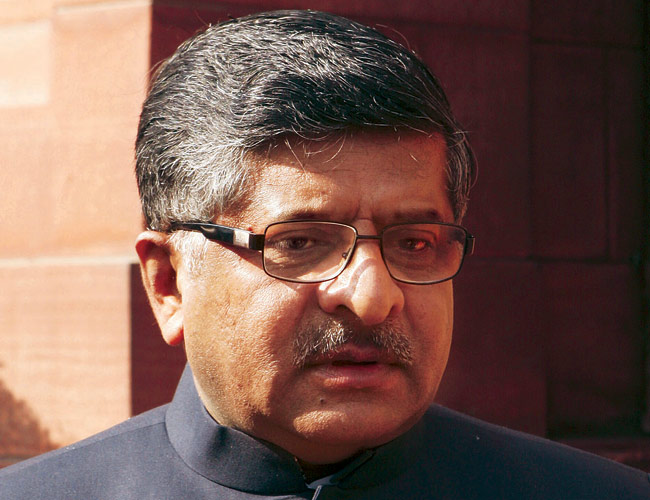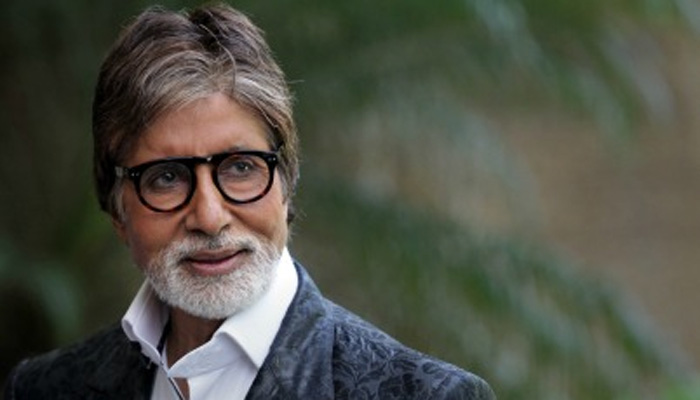The international arbitration system is ad hoc and unpredictable, Minister for Law and Justice and Information Technology Ravi Shankar Prasad said on Saturday, adding that India is keen to become a global hub for international arbitration.
“We are very keen about dispute resolution,” the Minister said while addressing a conference on international arbitration in BRICS. “Mumbai is coming as a big hub of dispute resolution. I am very keen that Delhi also comes along in the same way. We are in talks. We are very keen to focus India as an important centre of international arbitration and dispute resolution.”
Mr. Prasad went on to praise the quality of Indian judges, saying that only a small fraction of them were represented internationally.
Speaking about the under-representation of developing countries in the international dispute resolution mechanism, Mr Prasad questioned why there is so much importance given to the West in these matters.
“Why should some centres of the world become centres of dispute resolution for the entire world? Why should only some ‘queen council barristers’ keep on roaming about from one arbitration to another?” Mr Prasad said, adding that 69.8 per cent of the international arbitrators belong to the first world or the developed world.
“The international arbitration system is ad hoc and quite frequently unpredictable,” the Minister added. “That concern is indeed very important. If BRICS countries have 42 per cent of the world’s of population and 30 per cent of the land area and are contributing so much in the economic ecosystem of the world, why do we see less and less arbitrators from these regions in the world dispute redressal mechanism?”
Mr Prasad also spoke about the system of bilateral investment treaties and how the current system seems to be problematic.
“India has had a mixed experience with bilateral investment treaties,” he said. “Experience has shown that the interpretations of the treaties were done in an ambiguous manner. And there are several other countries also that have issues with these treaties. So, if so many countries have such worries, then there is something wrong with the system.”
Ajay Tyagi, Additional Secretary in the Department of Economic Affairs, also speaking at the event, also touched upon the issue of the under-representation of developing countries in the international arbitration process.
“There is a feeling that there is a lack of understanding about the developing countries’ issues,” Mr. Tyagi said.
(Sourced from agencies, Feature image courtesy:indiatoday.intoday.in)

























